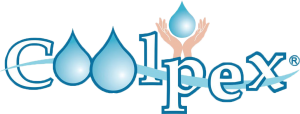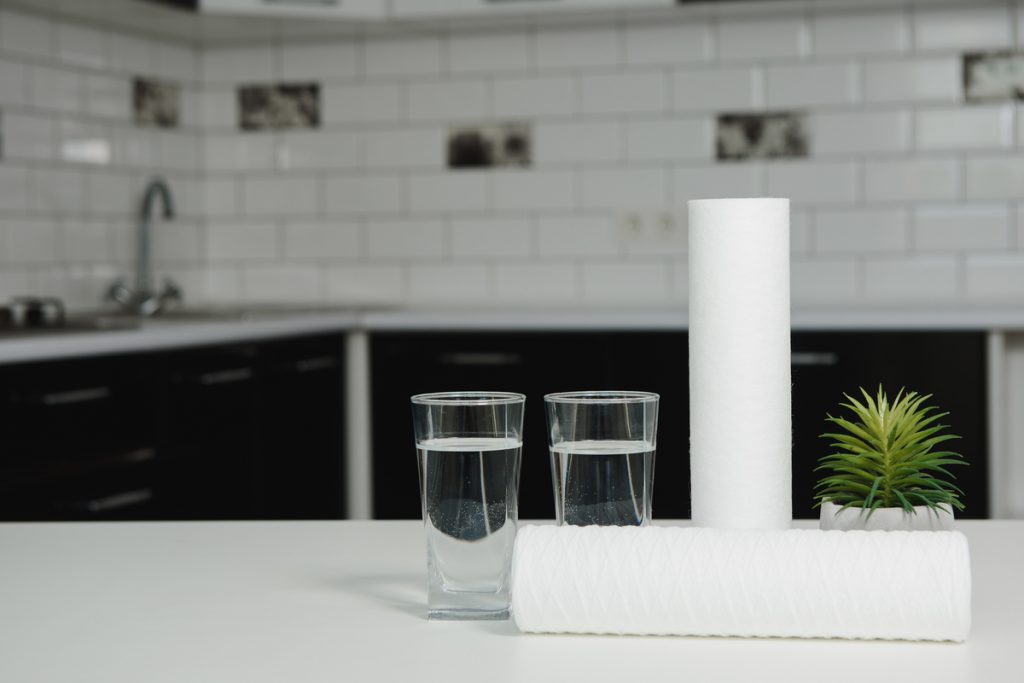When it comes to choosing a water purifier for your home, you might have come across terms like distilled water and purified water. While both are widely used methods of water purification at home, they have distinct functionalities. Let’s find out which of the two is more efficient among drinking water purification methods:
Distilled Water
The distillation process involves boiling water and collecting the steam that forms in a container. Since the components of water have different boiling points, the process is carried out multiple times. This leaves us with distilled water, one that is completely devoid of purities and minerals.
Purified Water
Purified water is the type of water that undergoes a series of filtration processes. These water filtration processes primarily include various methods such as reverse osmosis, deionization, carbon filtration, and water softening. Purifying water through one or more of these methods helps get rid of contaminants like chlorine and copper. The water is then purified with the necessary minerals still intact.
Distilled Water And Purified Water – Which Is Safer?
Both distilled and purified water have their own uses, but for the purpose of safe consumption, the difference boils down to one significant factor: minerals. So, is distilled water the purest form of water? When water is distilled, it lacks minerals like calcium, magnesium, and fluoride that are essential for maintaining a balanced diet. Distilled water is not the purest form of water, while purified water is more ideal and healthier. Another important line of differentiation is that distillation systems consume more energy and are often inefficient. On the other hand, water purification systems consume far less energy and are easier to install in your home, making them a better option for domestic use.

